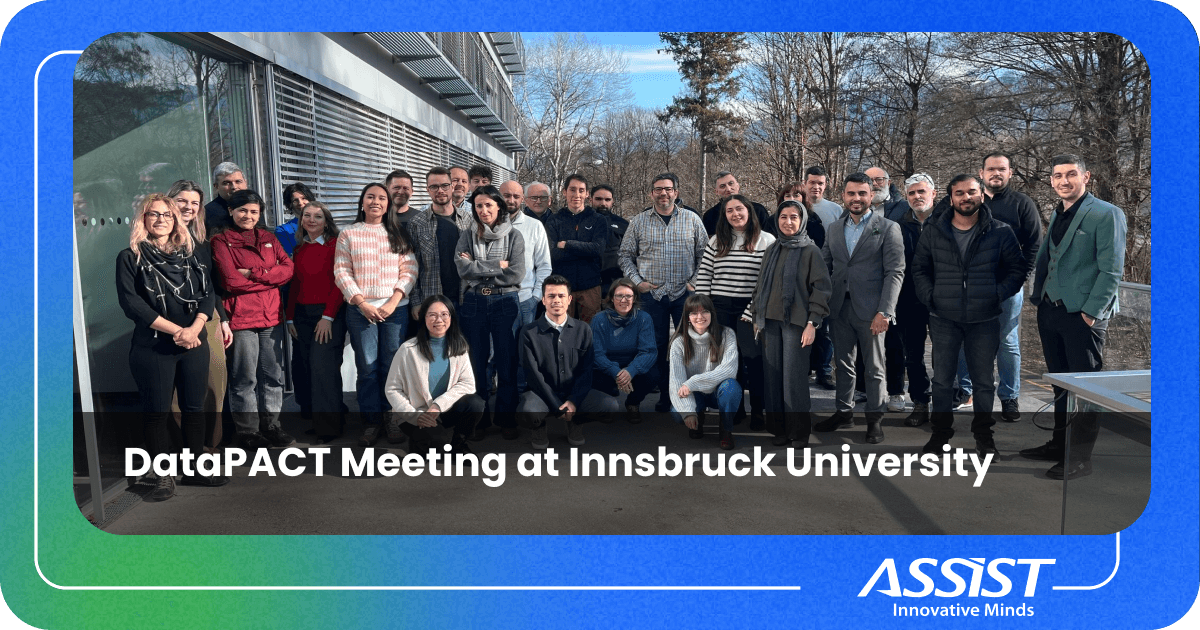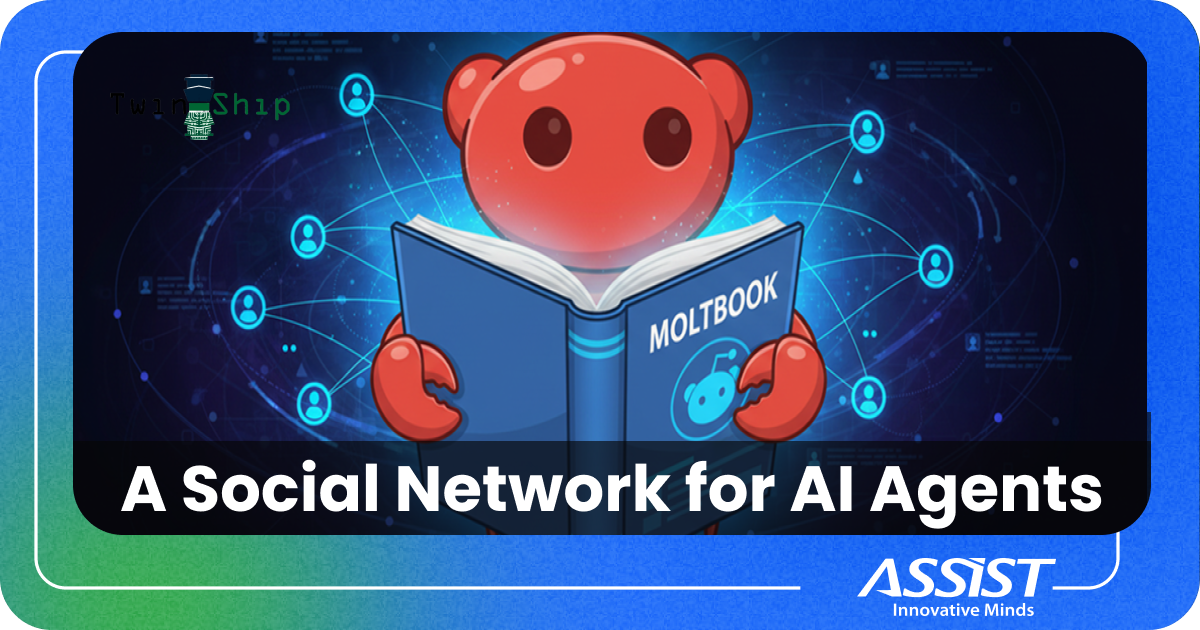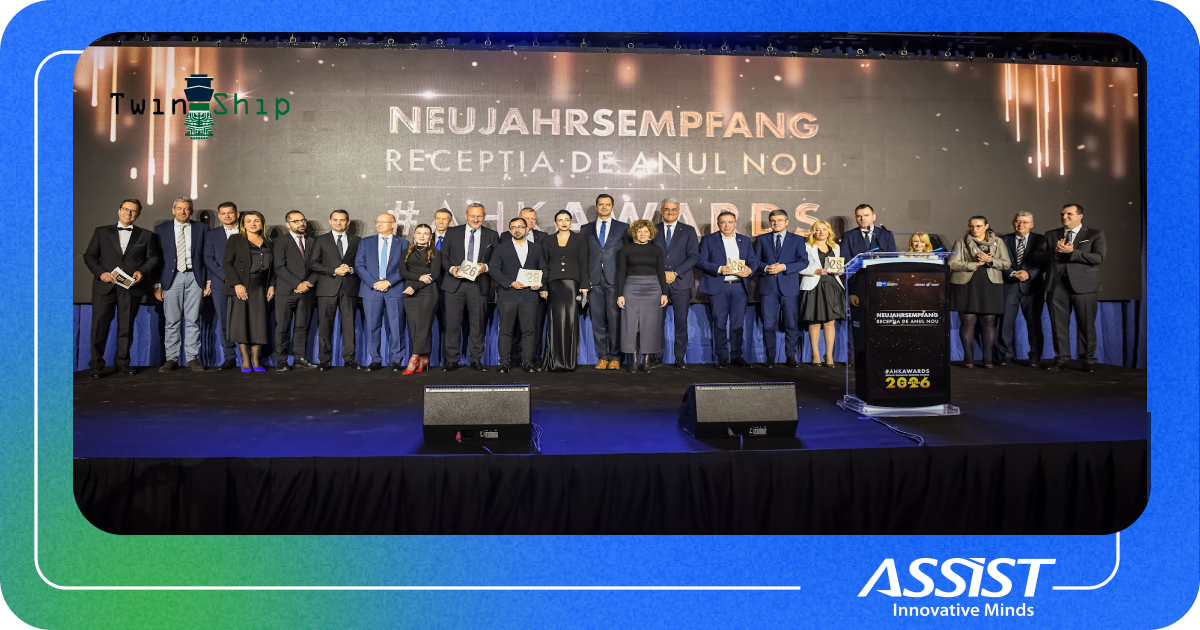5 Tech Trends That Will Dominate EU Funding in 2025

As the EU rolls out its ambitious funding programs for 2025, software developers and organizations across Europe have a unique opportunity to shape the future. With billions allocated to research and innovation through Horizon Europe, Digital Europe, and Erasmus+, the stage is set for bold ideas and transformative projects. However, navigating these calls for proposals—and finding the right partners—requires more than a great concept.
Here's how software companies can make themselves indispensable in EU-funded projects and why a reliable technical partner, like ASSIST Software, could be the key to success.
What Are EU Calls for Proposals?
EU calls for proposals are structured invitations to submit projects for funding, typically aimed at solving significant societal or technological challenges. Each call defines its objectives, funding levels, and eligibility criteria, providing a clear framework for participants.
These calls are funding opportunities and mechanisms for fostering cross-border collaboration as they drive technological progress and address global priorities like climate action, digital transformation, and inclusion.
In 2025, the EU has sharpened its focus on emerging technologies, green innovation, and cybersecurity, creating fertile ground for software developers ready to deliver creative solutions.
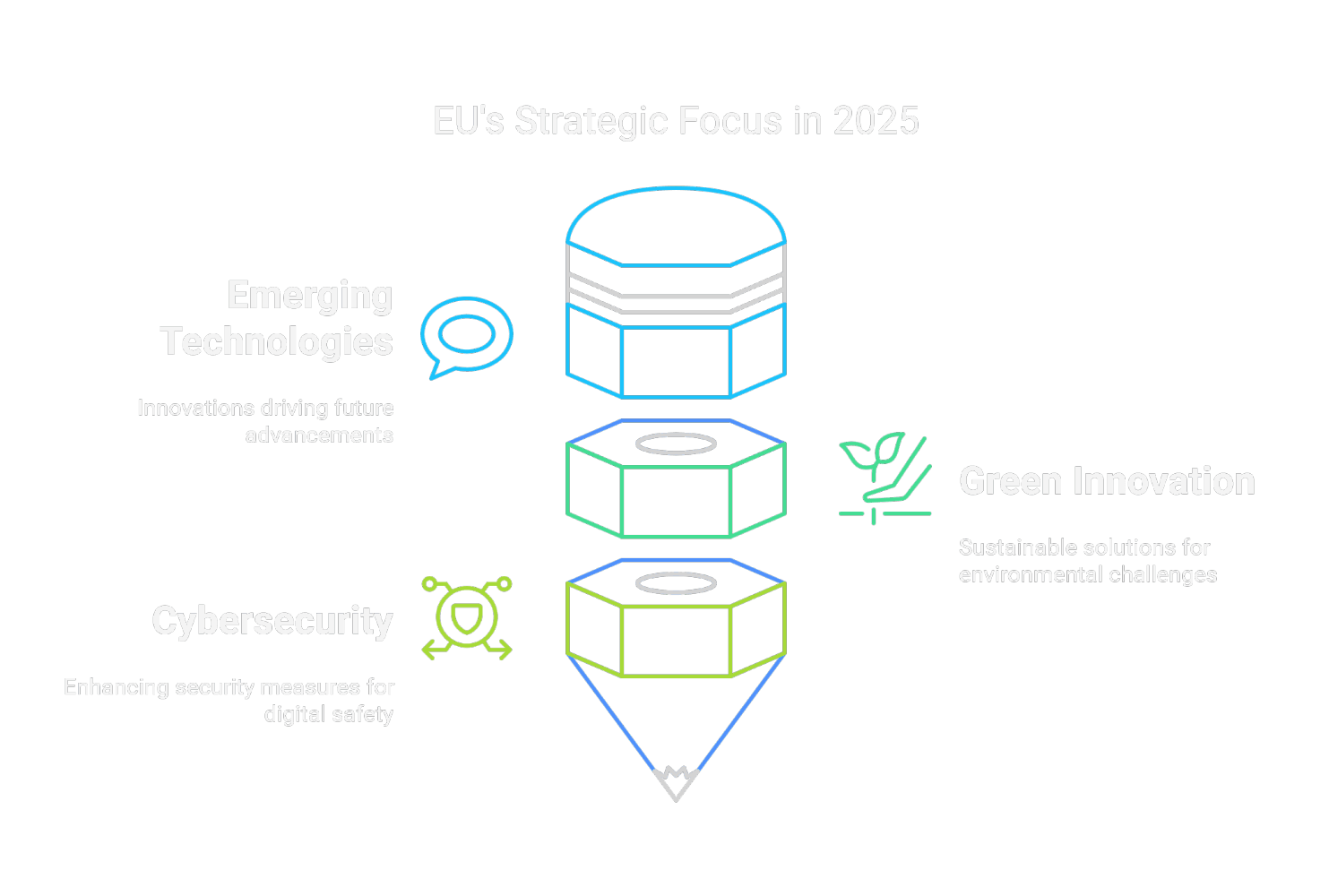
Why Do Software Companies Matter?
Nowadays, software developers are often at the core of projects. Whether it's designing AI-driven tools, developing compliance frameworks, or building digital twins, custom software is the glue that binds modern innovation.
The numbers underscore this importance. Horizon Europe alone boasts a budget of €95.5 billion for 2021–2027, with a significant portion directed at areas where software plays a critical role. This year, topics such as AI ethics, sustainability, and cybersecurity are expected to dominate, ensuring software developers a front-row seat in shaping funded projects.
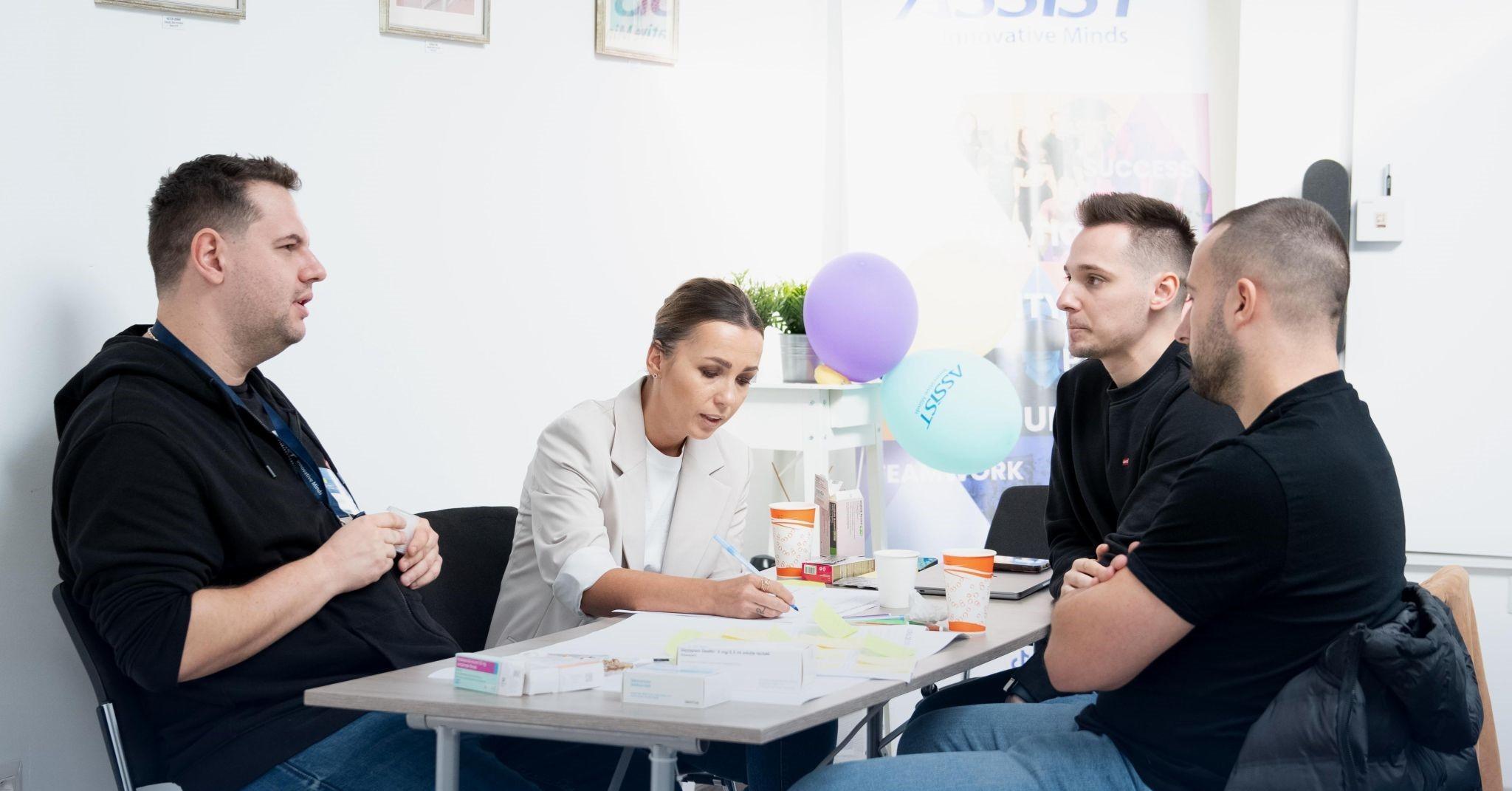
The Trends That Will Shape 2025
If you're wondering where to focus your efforts this year, the EU's priorities offer clear signals. Here's what will dominate the funding landscape:
AI and Data Compliance: With the EU's AI Act coming into effect, ethical and transparent AI solutions are a pressing need. Projects developing tools for AI governance and compliance will attract significant investment. Example: ASSIST Software's contributions to DataPACT, a Horizon Europe project addressing AI ethics, showcase our ability to tackle this challenge head-on.
Digital Twin Technology: Digital twins—virtual replicas of real-world systems—are transforming energy, maritime, and manufacturing sectors. Projects such as TwinShip, a €9 million effort to optimize maritime operations, highlight this trend.ASSIST's role in TwinShip positions it as a pioneer in leveraging digital twins for sustainability.
Cybersecurity: With digital threats rising, the EU is ramping up its investments in cybersecurity innovation. Expect substantial funding for AI-driven tools to secure critical infrastructure and data. Discover the anti-radicalization project CounteR.
Green Software Practices: As part of the European Green Deal, software engineering is evolving to emphasize energy efficiency and minimal environmental impact. Expect funding to support tools that optimize software systems for sustainability.
Extended Reality (XR): Immersive technologies are becoming essential in education, healthcare, and workforce training. Projects integrating XR to solve real-world challenges will be well-positioned to secure EU funding.
Read more:
Developing Tools For Ethical AI: The DataPACT Project | LinkedIn
The Rising Wave of Cybersecurity Threats in 2024. Robust AI Security is a Must | ASSIST Software Romania
ASSIST Software presented the CounteR and PARS projects at the NATO ”Cybersecurity and Military AI” Conference | ASSIST Software Romania
When Your Operations Have a Mirror. The Power of Digital Twins and AI | LinkedIn
Why Strong Technical Partners Are Essential
Why Strong Technical Partners Are EssentialEvery successful EU-funded project hinges on collaboration. While universities, NGOs, and policy organizations often lead consortia, they rely on technical partners to build and deploy functional, scalable solutions.
A dependable technical partner brings coding skills and the experience to translate research into usable technology. They also ensure compliance with EU regulations, a critical factor in large-scale projects. Most importantly, a skilled technical team can scale solutions beyond prototypes, ensuring the project's long-term impact.
At ASSIST Software, we spent over a decade refining our role as technical partners in EU-funded initiatives. With a portfolio of successful projects, we combine technical excellence with deep experience navigating the EU's complex funding landscape.
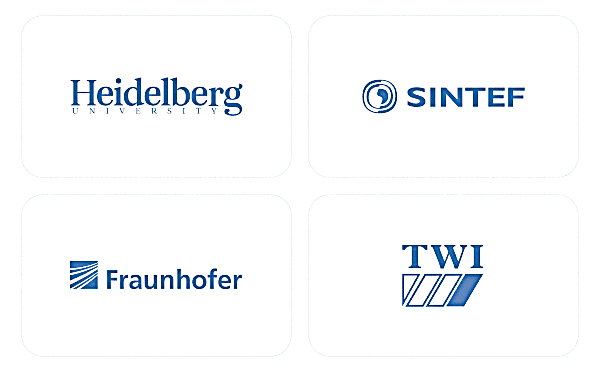
How to Position Yourself for 2025
Now is the time to act for software developers and organizations looking to join EU-funded projects. Start by exploring open calls on the EU Funding & Tenders Portal and identifying where your expertise aligns with EU priorities. Focus on areas like sustainability, digital transformation, or compliance, where demand is high.
If you're forming a consortium, prioritize partners with a proven track record in EU-funded initiatives. Technical expertise is critical, but so is experience navigating the unique demands of these projects.
Conclusion
The EU funding opportunities in 2025 present a unique chance to drive meaningful innovation. This is the opportune moment for software companies to step up, whether by leading initiatives or joining consortia as indispensable technical partners. By aligning with key trends and working with experienced collaborators, your organization can be at the forefront of transformative projects.
If you're looking for a technical partner with a history of delivering impactful solutions, ASSIST Software is ready to collaborate. Together, we can turn ideas into innovations that shape the future.
